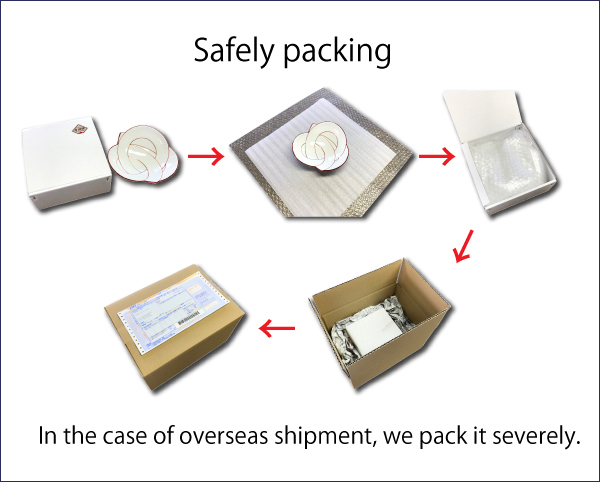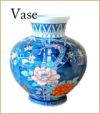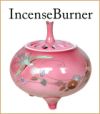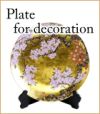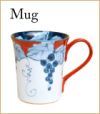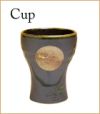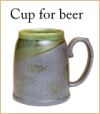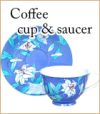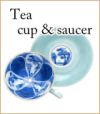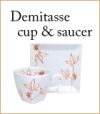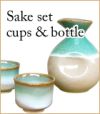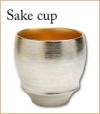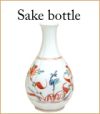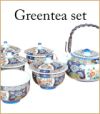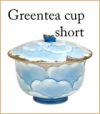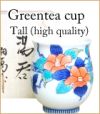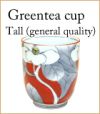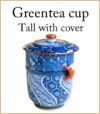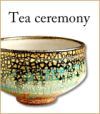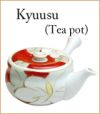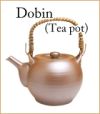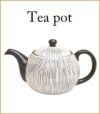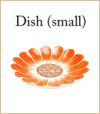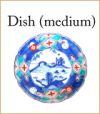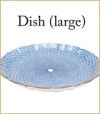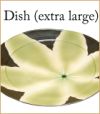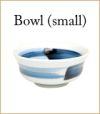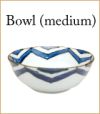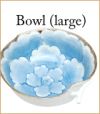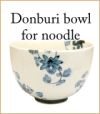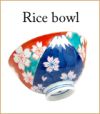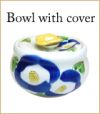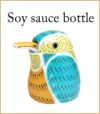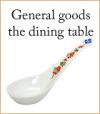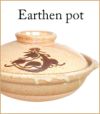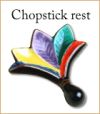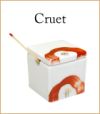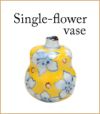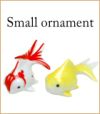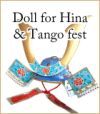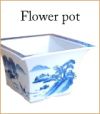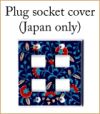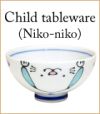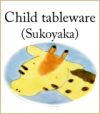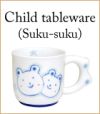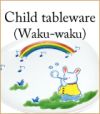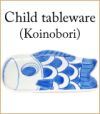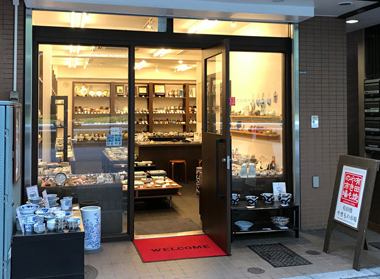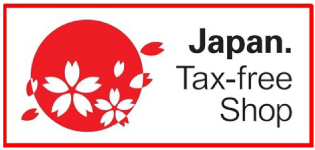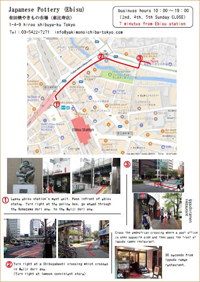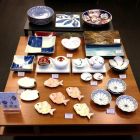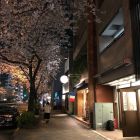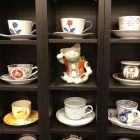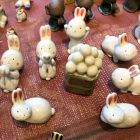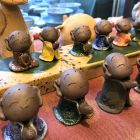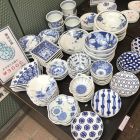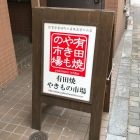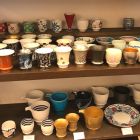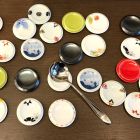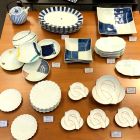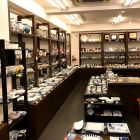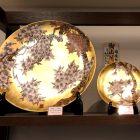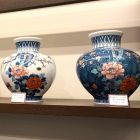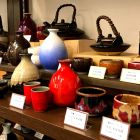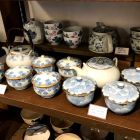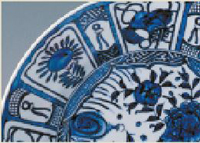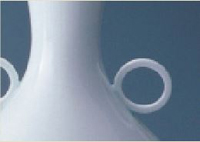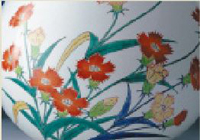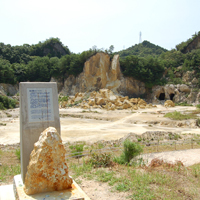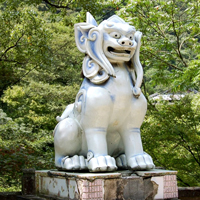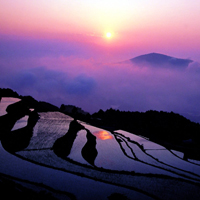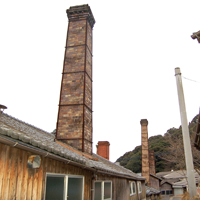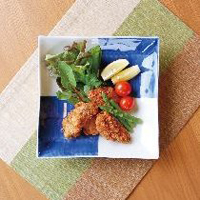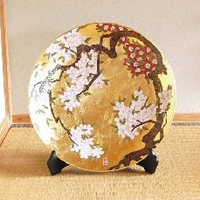Sake set 1 pc Tokkuri bottle and 2 pcs Cups Yume | Kusuo Baba's work in Shinemon Kiln [146168]
Sake set 1 pc Tokkuri bottle and 2 pcs Cups Yume | Kusuo Baba's work in Shinemon Kiln
[146168]
Price: 88,000JPY
Weight: 660g
Low stock
[Size of Bottle]
Width: 7.2cm / Height: 15cm
Width: 2.8in / Height: 5.9in
[Capacity of bottle]
360 ml
12.2 oz
[Size of Cup]
Width: 6.2cm / Height: 4.6cm
Width: 2.4in / Height: 1.8in
-----------------------
Works by Kusuo Baba, the second-generation head of the Shinemon Kiln, which represents Arita ware. The glaze named "Yume" (Dream) features a black-brown base with red overlay, expressing passion and hope.
Shinemon Kiln is a leader in the technique of "Yohen," which skillfully manipulates glazes. This piece is created by the current head of the kiln, Kusuo Baba himself. Yohen is a phenomenon where the color and patterns of the glaze change inside the kiln, allowing one to see the natural beauty and mystique. The glaze used in this piece is called "Yume," and it expresses various kiln effects while exploring techniques that subtly change the color, shades, and gloss. The sake set includes a tokkuri (sake bottle) that is rare among Shinemon's works, featuring a vertical design. This vertical impression of the tokkuri enhances its image of "authenticity" and "luxury."
[Potter Profile]
Kusuo Baba
(The second-generation head of the Shinemon Kiln)
Member of Nitten / Councilor of the Japan Contemporary Arts and Crafts Association / Vice President of the Saga Prefecture Ceramic Association / Director of the Saga Art Association
I create works that inherit the tradition of Arita ware while aligning with contemporary sensibilities. I specialize in the Yohen technique, which skillfully manipulates glazes, adding an element of serendipity to each piece as it reaches completion, thereby expressing a mystical beauty.
Kusuo Baba's career is as follows :
Born in 1952
1976: Joined the Saga Prefecture Ceramic Research Institute, where he learned the basics of ceramics and began researching glazes.
1980: Joined Maemon Kiln and began creating pottery, continuing his research on glazes to this day.
1981: Received strong guidance from Ryuzan Aoki, a recipient of the Order of Culture.
1997: Selected for the Nitten exhibition for "Kyoku Ei." Subsequently, he has been selected 20 times.
2004: Exhibited "Haruka wo Nozomu" and "Umibe no Uta" at the Arita Pottery Exhibition in Germany.
2010: Held the "Encountering Colors at Ogurayama" exhibition at Jojakkoji Temple in Kyoto.
2014: Appointed as a judge for the 53rd Contemporary Arts and Crafts Exhibition.
2021: Elected as a councilor of the Japan Contemporary Arts and Crafts Association.
[Main Awards]
1997: Selected for the Nitten exhibition for "Kyoku Ei."
2000: Awarded the Grand Prize and the 50th Anniversary Special Prize at the Saga Prefecture Exhibition for "Haruka na Sazanami."
2003: Received the Ryuzan Aoki Prize at the 100th Anniversary Kyushu Yamaguchi Ceramic Exhibition for "Umibe no Uta."
2005: Received the Contemporary Craft Award at the Contemporary Craft Exhibition for "Reimei-05."
2008: Received the Contemporary Craft Full Member Award at the Contemporary Craft Exhibition for "Kyoku-08(1)."
2011: Received the Director's Award at the 50th Anniversary Japan Contemporary Arts and Crafts Exhibition for "Sazanami no Uta."
2012: Won the Special Prize at the Nitten exhibition for "Haruka na Mine."
2012: Received the Grand Prize and the Ryuzan Aoki Prize at the Contemporary Crafts Kyushu Exhibition for "Sankei."
Width: 7.2cm / Height: 15cm
Width: 2.8in / Height: 5.9in
[Capacity of bottle]
360 ml
12.2 oz
[Size of Cup]
Width: 6.2cm / Height: 4.6cm
Width: 2.4in / Height: 1.8in
-----------------------
Works by Kusuo Baba, the second-generation head of the Shinemon Kiln, which represents Arita ware. The glaze named "Yume" (Dream) features a black-brown base with red overlay, expressing passion and hope.
Shinemon Kiln is a leader in the technique of "Yohen," which skillfully manipulates glazes. This piece is created by the current head of the kiln, Kusuo Baba himself. Yohen is a phenomenon where the color and patterns of the glaze change inside the kiln, allowing one to see the natural beauty and mystique. The glaze used in this piece is called "Yume," and it expresses various kiln effects while exploring techniques that subtly change the color, shades, and gloss. The sake set includes a tokkuri (sake bottle) that is rare among Shinemon's works, featuring a vertical design. This vertical impression of the tokkuri enhances its image of "authenticity" and "luxury."
[Potter Profile]
Kusuo Baba
(The second-generation head of the Shinemon Kiln)
Member of Nitten / Councilor of the Japan Contemporary Arts and Crafts Association / Vice President of the Saga Prefecture Ceramic Association / Director of the Saga Art Association
I create works that inherit the tradition of Arita ware while aligning with contemporary sensibilities. I specialize in the Yohen technique, which skillfully manipulates glazes, adding an element of serendipity to each piece as it reaches completion, thereby expressing a mystical beauty.
Kusuo Baba's career is as follows :
Born in 1952
1976: Joined the Saga Prefecture Ceramic Research Institute, where he learned the basics of ceramics and began researching glazes.
1980: Joined Maemon Kiln and began creating pottery, continuing his research on glazes to this day.
1981: Received strong guidance from Ryuzan Aoki, a recipient of the Order of Culture.
1997: Selected for the Nitten exhibition for "Kyoku Ei." Subsequently, he has been selected 20 times.
2004: Exhibited "Haruka wo Nozomu" and "Umibe no Uta" at the Arita Pottery Exhibition in Germany.
2010: Held the "Encountering Colors at Ogurayama" exhibition at Jojakkoji Temple in Kyoto.
2014: Appointed as a judge for the 53rd Contemporary Arts and Crafts Exhibition.
2021: Elected as a councilor of the Japan Contemporary Arts and Crafts Association.
[Main Awards]
1997: Selected for the Nitten exhibition for "Kyoku Ei."
2000: Awarded the Grand Prize and the 50th Anniversary Special Prize at the Saga Prefecture Exhibition for "Haruka na Sazanami."
2003: Received the Ryuzan Aoki Prize at the 100th Anniversary Kyushu Yamaguchi Ceramic Exhibition for "Umibe no Uta."
2005: Received the Contemporary Craft Award at the Contemporary Craft Exhibition for "Reimei-05."
2008: Received the Contemporary Craft Full Member Award at the Contemporary Craft Exhibition for "Kyoku-08(1)."
2011: Received the Director's Award at the 50th Anniversary Japan Contemporary Arts and Crafts Exhibition for "Sazanami no Uta."
2012: Won the Special Prize at the Nitten exhibition for "Haruka na Mine."
2012: Received the Grand Prize and the Ryuzan Aoki Prize at the Contemporary Crafts Kyushu Exhibition for "Sankei."
 |
Import duties, taxes, and charges are not included in the item price or shipping cost. To residents of Europe: |
Source: www.exchange-rates.org








